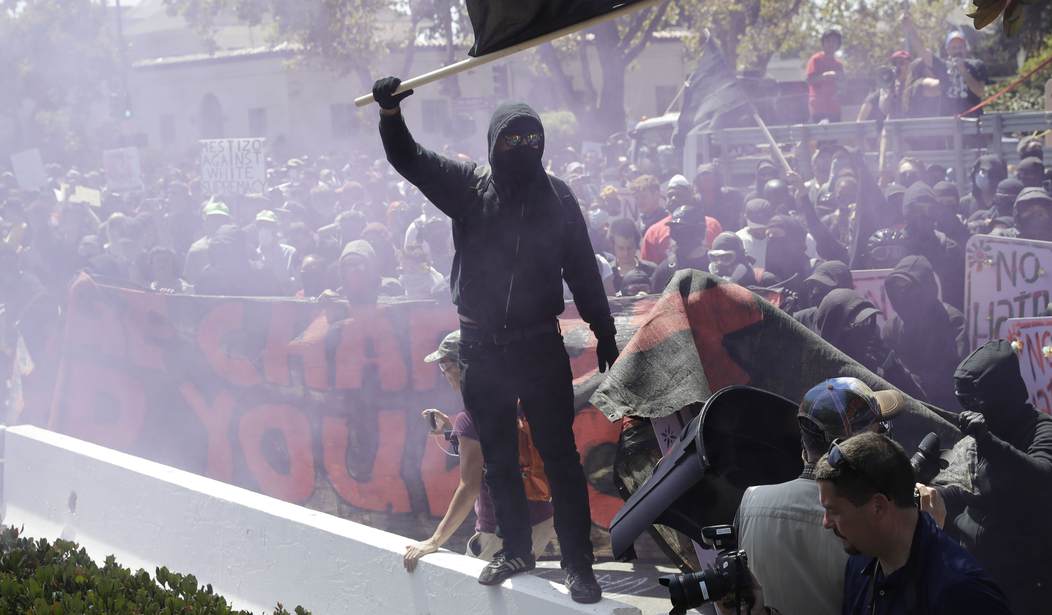Last week Erik Wemple at the Washington Post wrote a really solid story about the firing of James Bennet from the NY Times. In case you’ve forgotten, Bennet was fired after he presided over the publication of an op-ed by Sen. Tom Cotton back in 2020. Cotton argued that the National Guard should be called out to deal with riots which were taking place in locations around the country in the wake of the murder of George Floyd. There was a huge backlash on Twitter and within the Times’ newsroom led by black staffers who argued (if you can call it that) that Cotton’s opinion piece was a threat to their safety.
In retrospect, Wemple wrote to say that Bennet was right and his critics were clearly wrong. But more than that he made an admission about why no one was willing to stand up for Bennet at the time.
It’s also long past time to ask why more people who claim to uphold journalism and free expression — including, um, the Erik Wemple Blog — didn’t speak out then in Bennet’s defense.
It’s because we were afraid to…
Our criticism of the Twitter outburst comes 875 days too late. Although the hollowness of the internal uproar against Bennet was immediately apparent, we responded with an evenhanded critique of the Times’s flip-flop, not the unapologetic defense of journalism that the situation required. Our posture was one of cowardice and midcareer risk management. With that, we pile one more regret onto a controversy littered with them.
And that brings us to Jonathan Chait’s piece today for New York Magazine titled “Progressive America Needs a Glasnost.” I agree with Jonathan Chait about nothing in politics except this one issue. But on this issue he’s right and he’s one of the handful of progressives willing to say anything about it. Using Wemple’s confession as a jumping off point, Chait writes:
Wemple may be alone in publishing this admission, but he is not alone in believing it. Many people have shared similar beliefs with me, especially in the angry summer of 2020. It is an unhealthy culture that forces people to suppress their doubts and mouth platitudes for fear of losing their livelihoods.
But the truth is Wemple’s fears were hardly imaginary. In recent years, many journalists lost their jobs as a result of internal social panics even more irrational than the Cotton episode. The Philadelphia Inquirer purged its top editor after its architecture critic wrote a column mourning the destruction of buildings during the George Floyd protests. The Times pushed out its lead science reporter in the middle of a pandemic because a group of prep-school teens he was leading on a foreign trip complained about his centrist politics and having quoted (but not used) a racial slur.
The Post itself had two of its most beloved and decorated staffers retire suddenly after becoming the targets of progressive anger. Gene Weingarten, its Pulitzer-winning humor columnist, wrote a ham-fisted column trying to poke fun at himself for not liking Indian food, which despite his apology set off a wave of calls for him to be fired and replaced with a person of color. Weingarten quietly retired shortly thereafter. The Post also ran a bizarre story about the fact that editorial cartoonist Tom Toles threw a Halloween party at which one guest he barely knew showed up in a costume as “Megyn Kelly in blackface.” A few months later, Toles retired…
What Wemple’s confession reveals is that these purges have a multiplier effect: For every person humiliated or fired for a small or nonexistent offense, many other people will refuse to criticize even transparently absurd left-wing pieties.
He concludes, “there remains a deep-seated impulse on the left to defend or deny illiberal norms.” For those of us on the right who’ve been watching left-wing illiberalism play out for the past 5-7 years, this could be the understatement of the decade. For many years there was a cottage industry of people who denied that these incidents were significant or that they were spreading. It has only been in the past couple of years that they have become so common that many on the left have stopped denying they happen and are instead denying that cancel culture or wokeism or whatever you want to label the trend is a problem.
The great irony of callout culture is that callout culture itself is always immune from being called out. And when it is, when it is shown repeatedly to be harmful and irrational the facts are ignored or downplayed. I still think Chait underestimates how significant the problem is both for his own side and for the country as a whole. If the country is beset by a looming right-wing authoritarianism that people eagerly denounce every day and by a creeping left-wing authoritarianism that most people are afraid to mention for fear of punishment and lasting consequences, guess which one is the greater threat. It’s the one we’re afraid to talk about.







Join the conversation as a VIP Member